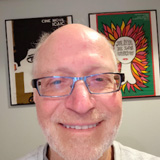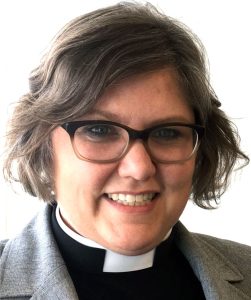Welcome Back
If you are a Program Participant, Program Facilitator, or JustFaith Network Member you are in the right place! Log in to see all your content.
Forgot your password?What our program participants are saying

What I have learned about Jim Crow, lynching, slavery by another name, does not let me forget and just walk away from injustice when there is something I can do.
Participating in the program on spiritual openness was a deeply transformative experience. It reminded me that true compassion begins with a heart open to both faith and service. Through the lens of Encuentro de Esperanza, I saw how we can become instruments of God's love—offering hope, healing, and guidance to those in need. It wasn’t just about learning; it was about living our faith in action and discovering the powerful ways we can help others grow spiritually, just as we grow ourselves. Being surrounded by a supportive group made the experience even more meaningful.

The global pandemic is creating a hunger crisis, and as people of faith we are called to respond in meaningful ways. Hunger: A Faith and Justice Response brings the resources and tools to address this hunger crisis and community building practices to empower people of faith to take action
